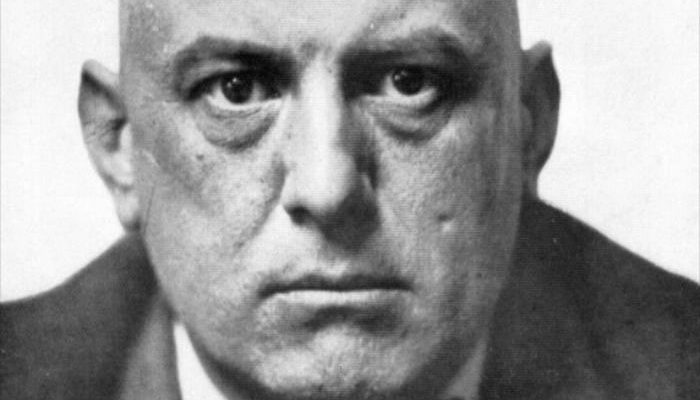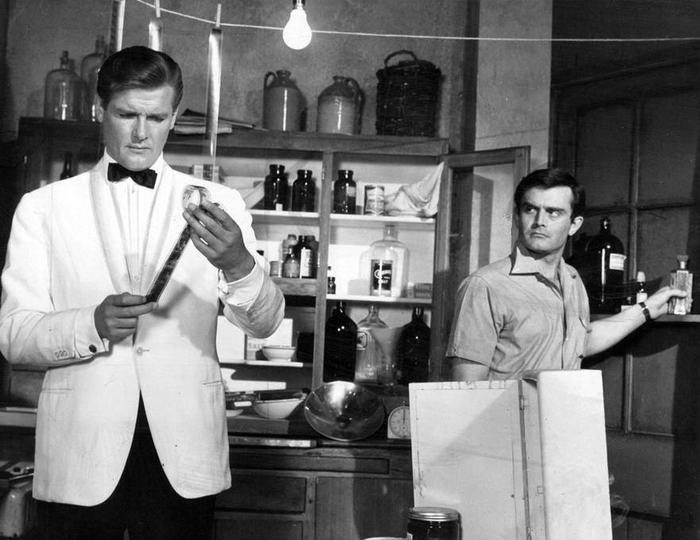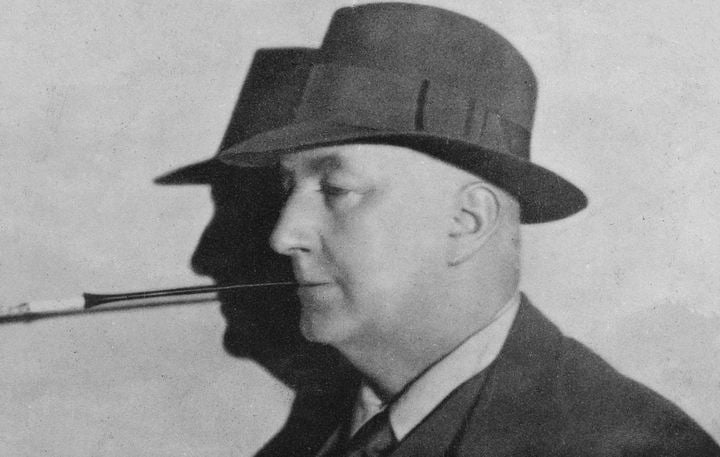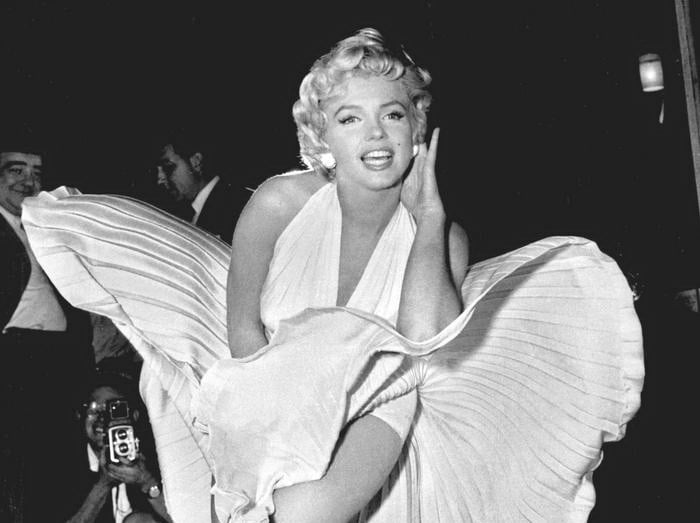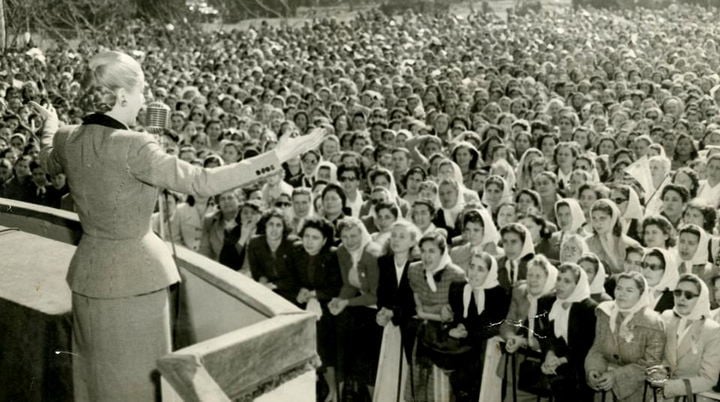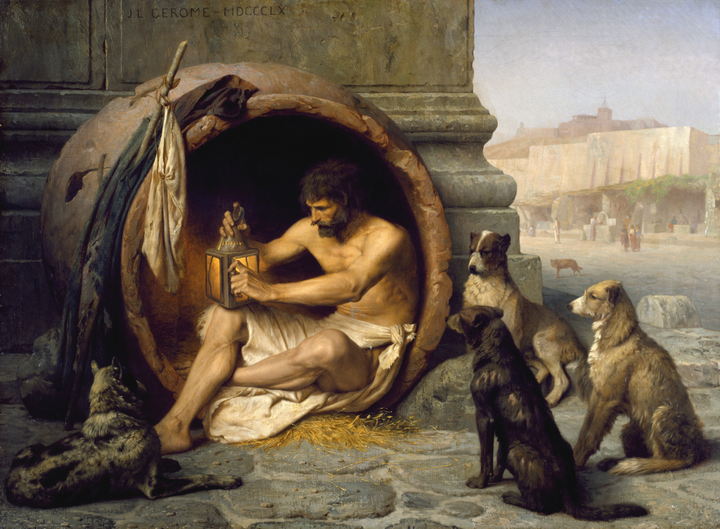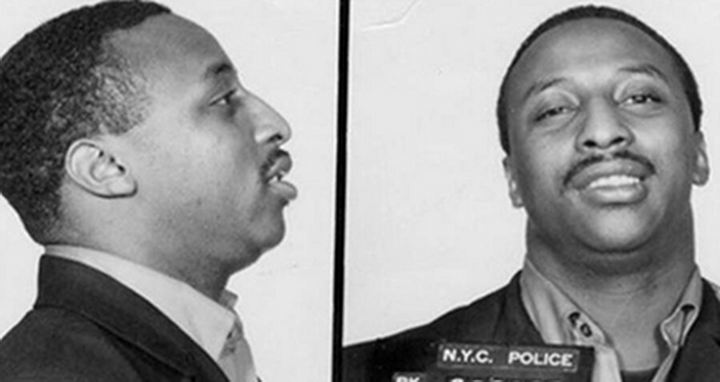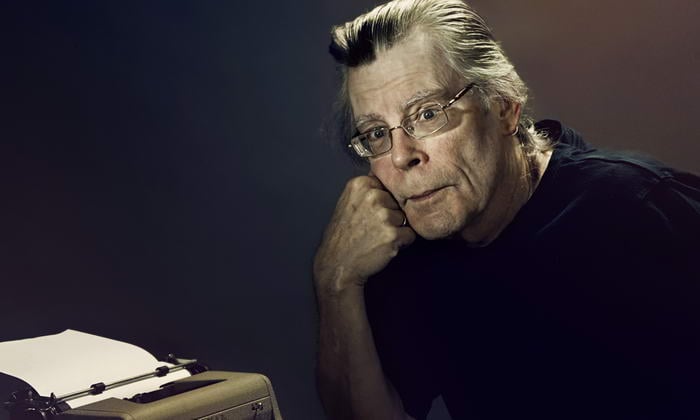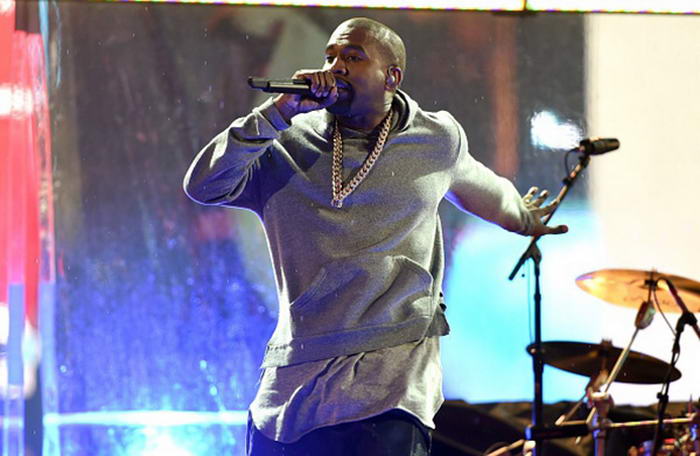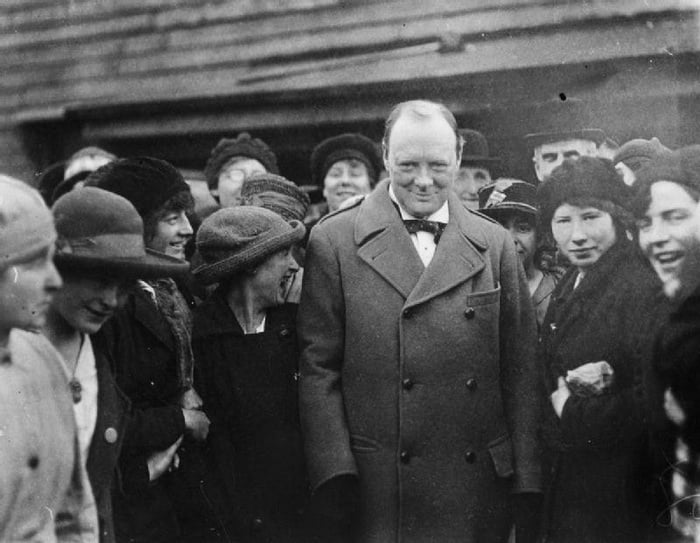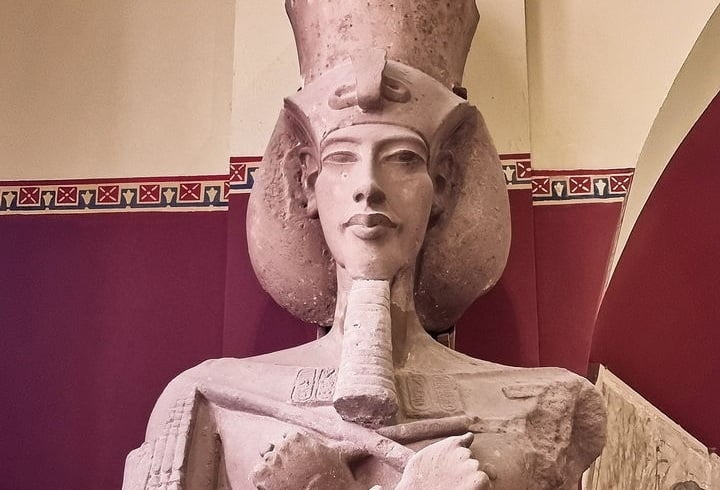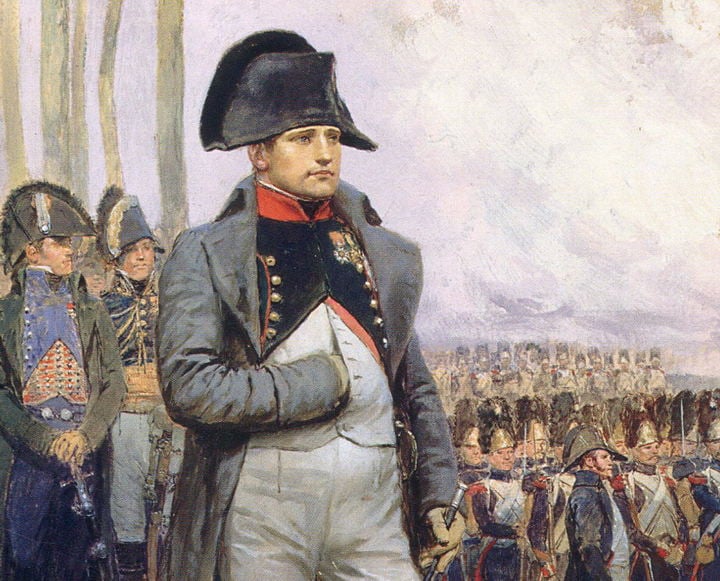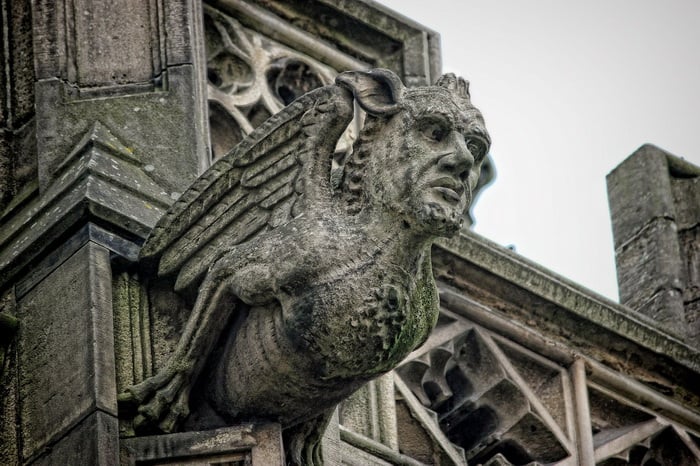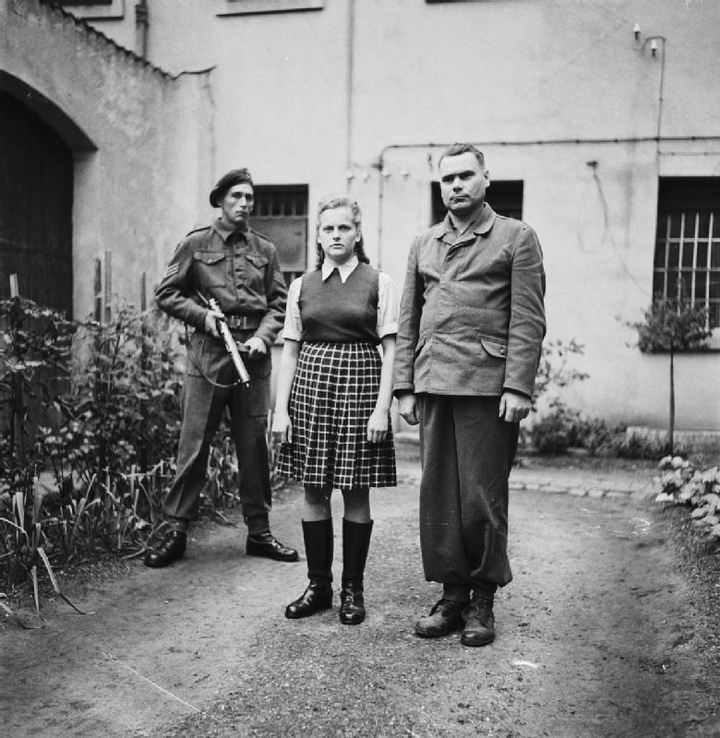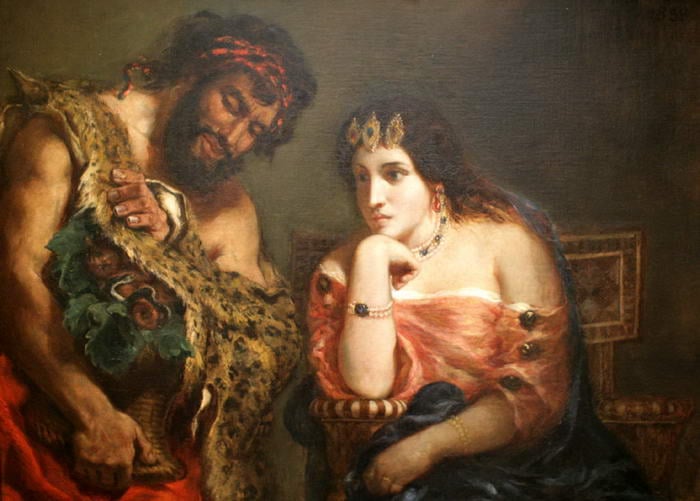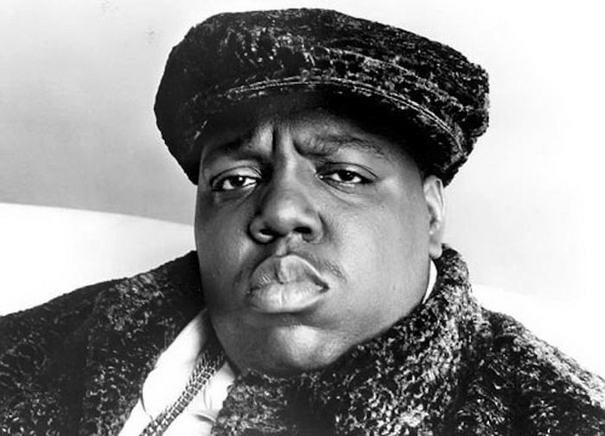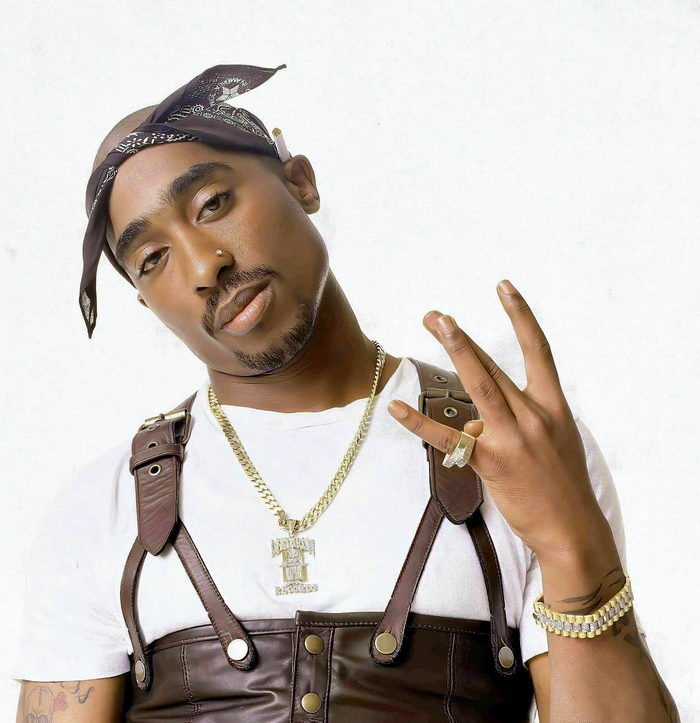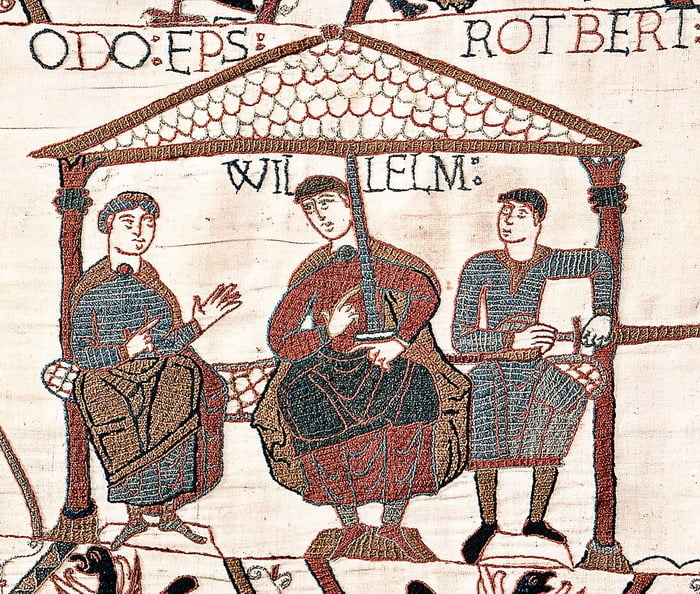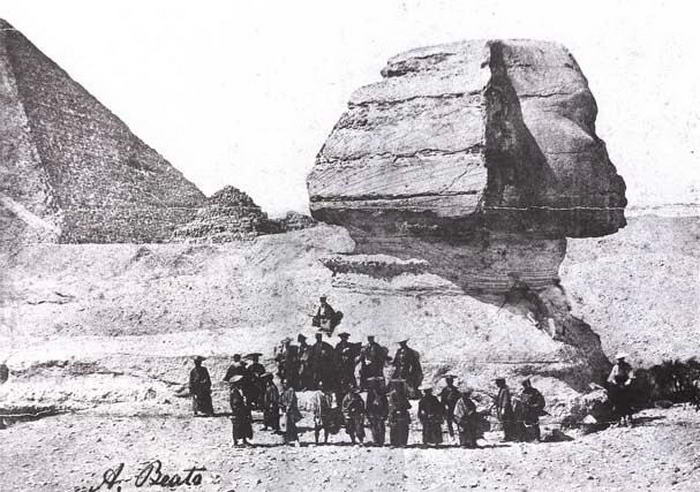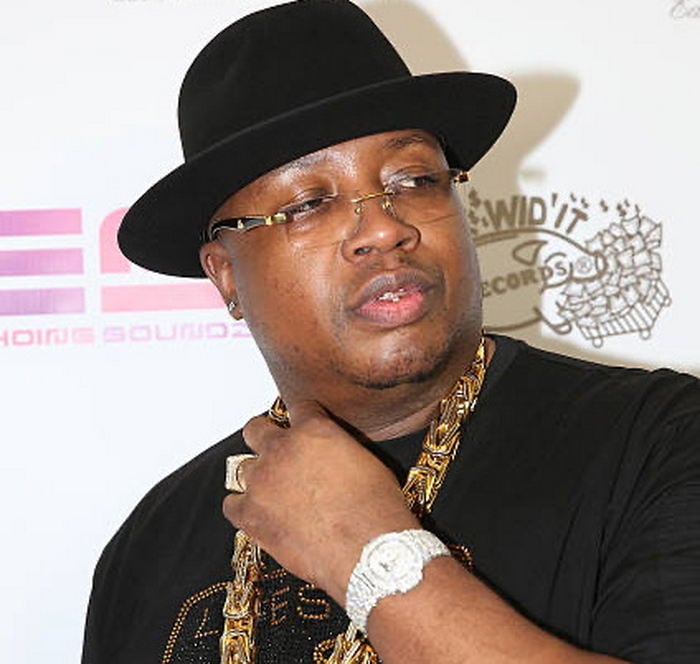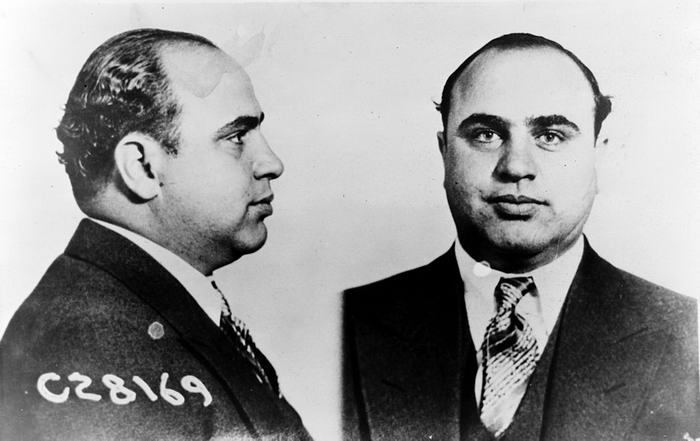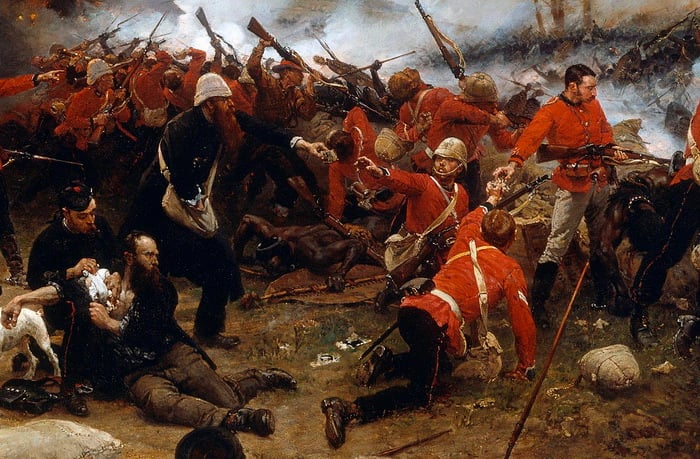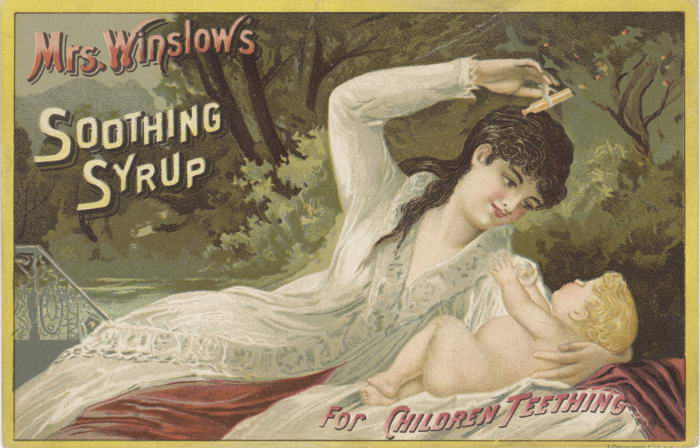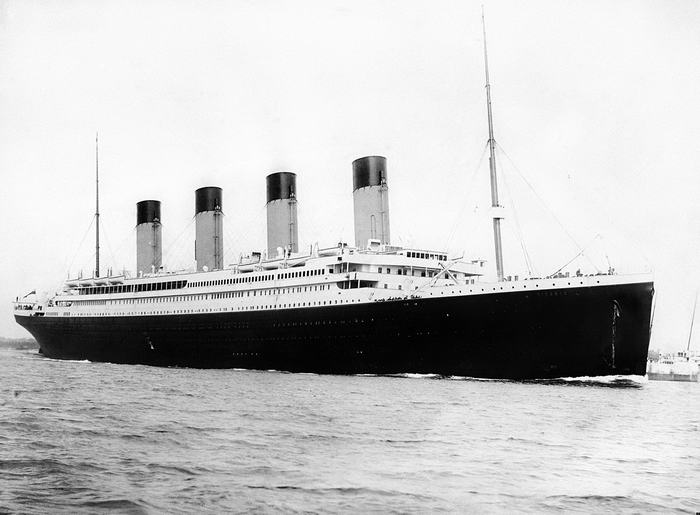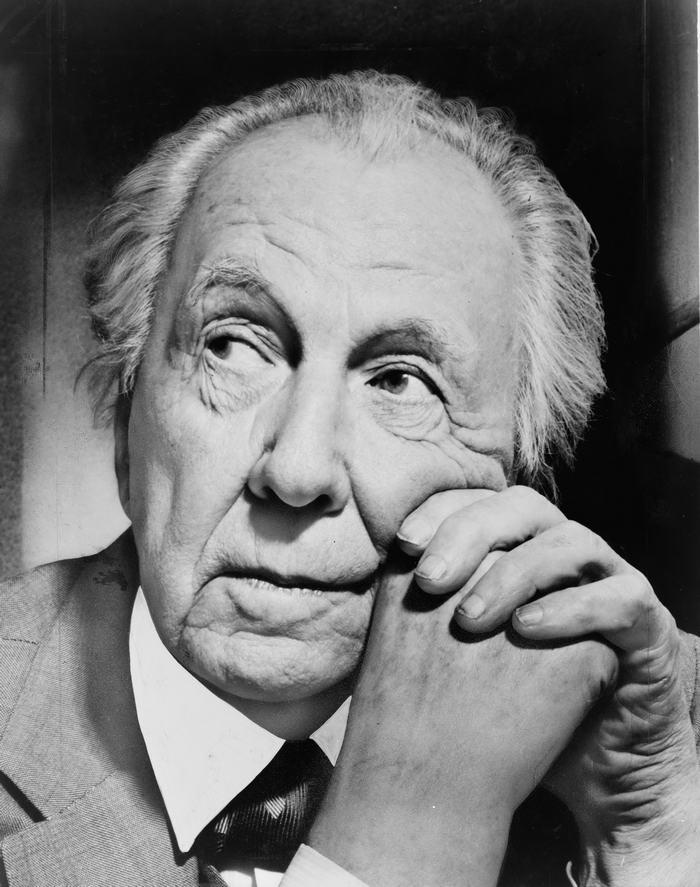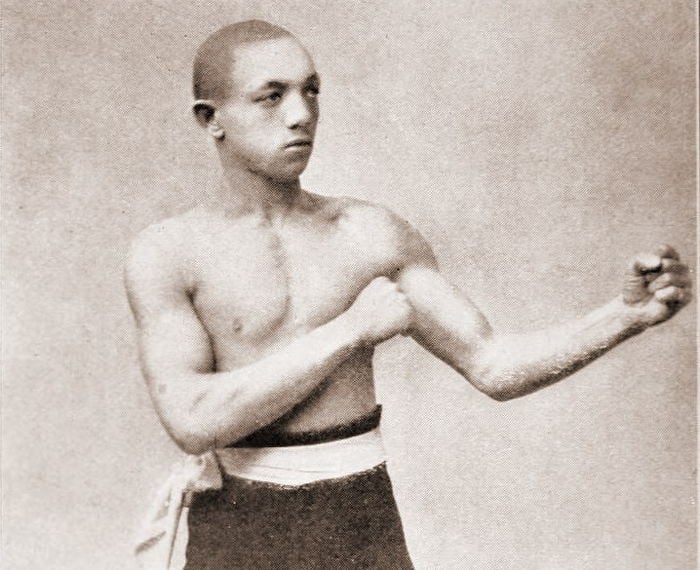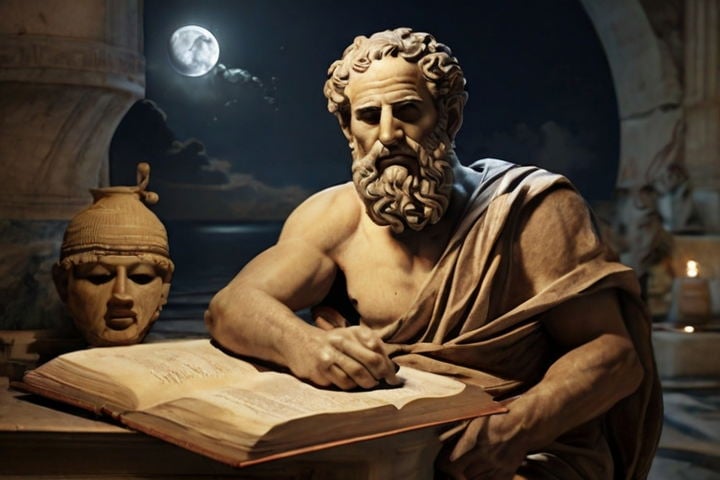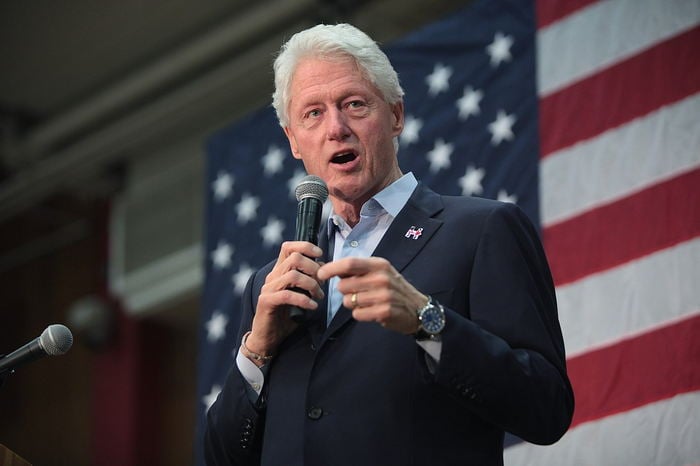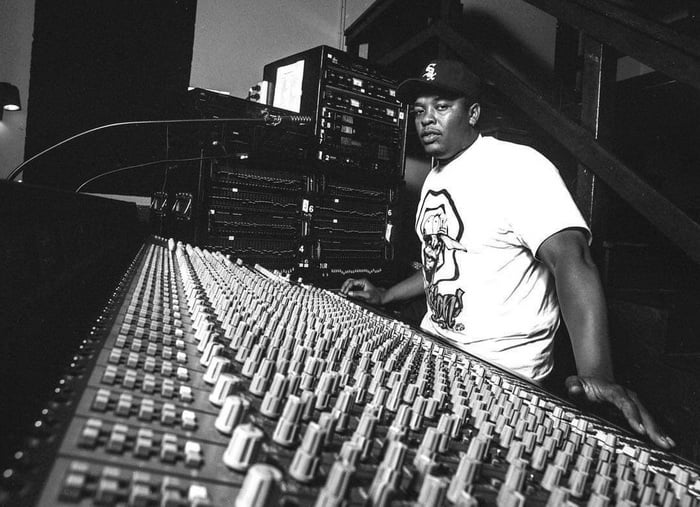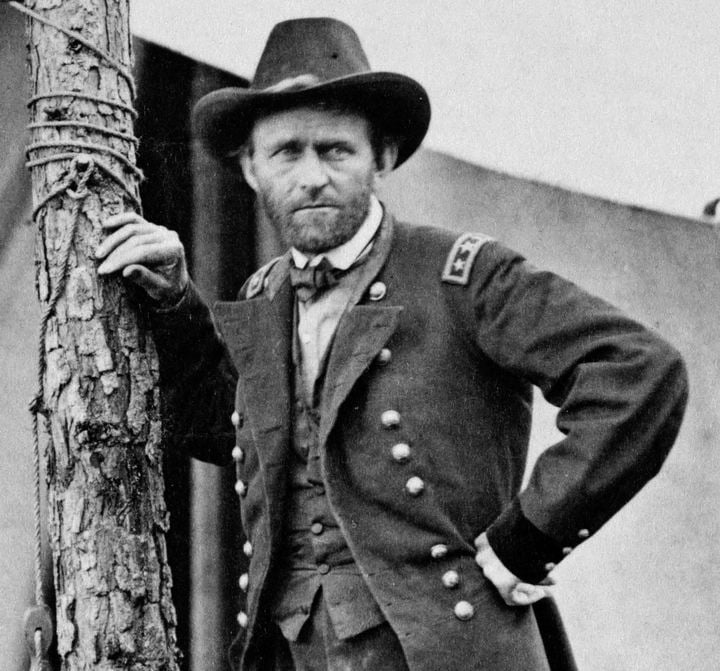Aleister Crowley: a name that instantly conjures images of mysticism, controversy, and enigma. Born Edward Alexander Crowley in 1875, this British figure carved a niche in the realms of occultism and esoteric practices. Crowley’s life journey, marked by his rebellion against a conservative Christian upbringing, took him through the intricate paths of magic (spelled ‘Magick’ by him) and dark occultism, making him a magnet for both admiration and criticism.
Crowley’s knack for standing out wasn’t just in his controversial practices. He was a mountaineer, poet, and a prolific writer, constantly pushing the boundaries of the conventional. His designation as the “Great Beast 666” and being labeled as the “Wickedest Man in History” by the press, only added layers to his already complex persona.
Interestingly, Crowley’s impact wasn’t confined to his lifetime. His ideologies, teachings, and practices have trickled down into various aspects of modern culture. From influencing artistic expressions to shaping modern esoteric thought, his footprint is indelibly etched in history. It’s this very blend of controversy, brilliance, and mystique that makes exploring his life’s facts a captivating journey.
As we delve into the top ten facts about Aleister Crowley, expect to uncover aspects of his life that reveal why he continues to be a figure of both fascination and debate. Are you ready to peel back the layers of one of history’s most intriguing personalities? Let’s explore the facts that paint the portrait of a man who was, and still is, a significant force in the world of occultism and mystical practices.
10 – He Lost His Virginity At Just 14
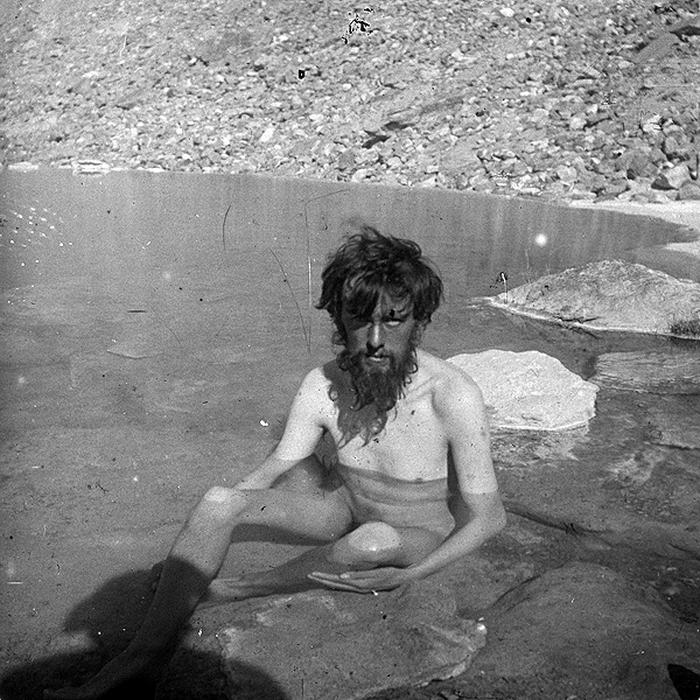
09 – He Studied At Cambridge
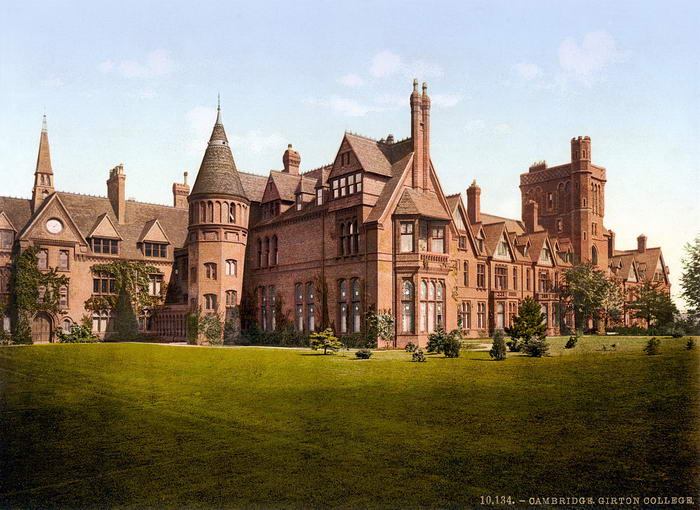
08 – He Was A Member Of A Secret Society
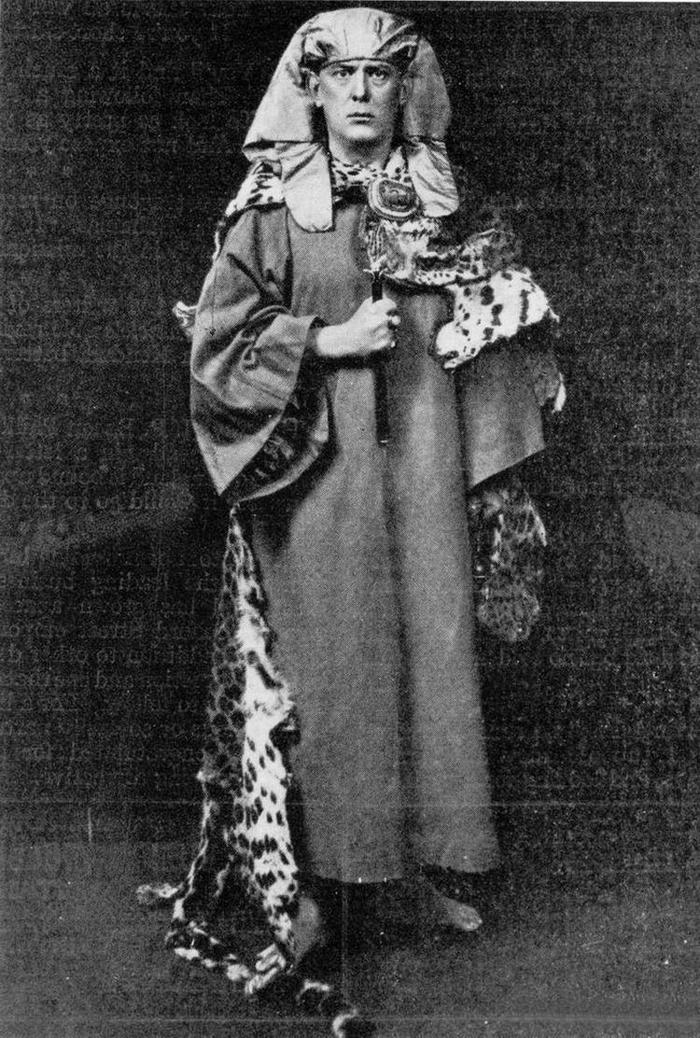
After completing his studies, he joined the mysterious Hermetic Order of the Golden Dawn when aged 23. This ignited his lifelong interest in the occult and mysticism which he would later become famous for. He was not long a member though as he managed to be a confrontational and annoying figure for other members. His most famous exploits whilst in the Order were managing to greatly offend well know English poet, William Butler Yeats. After a few more incidents like this, it was thought that both parties should go their separate ways!
07 – He Liked Men As Well As Women
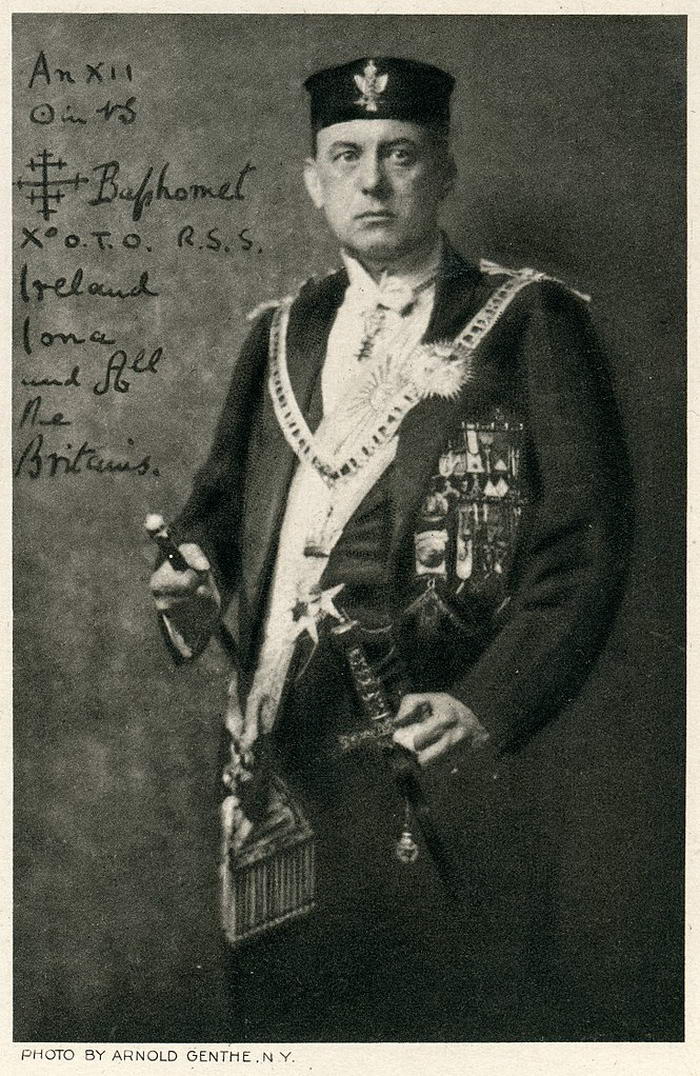
06 – He Believed He Had A Guardian Angel
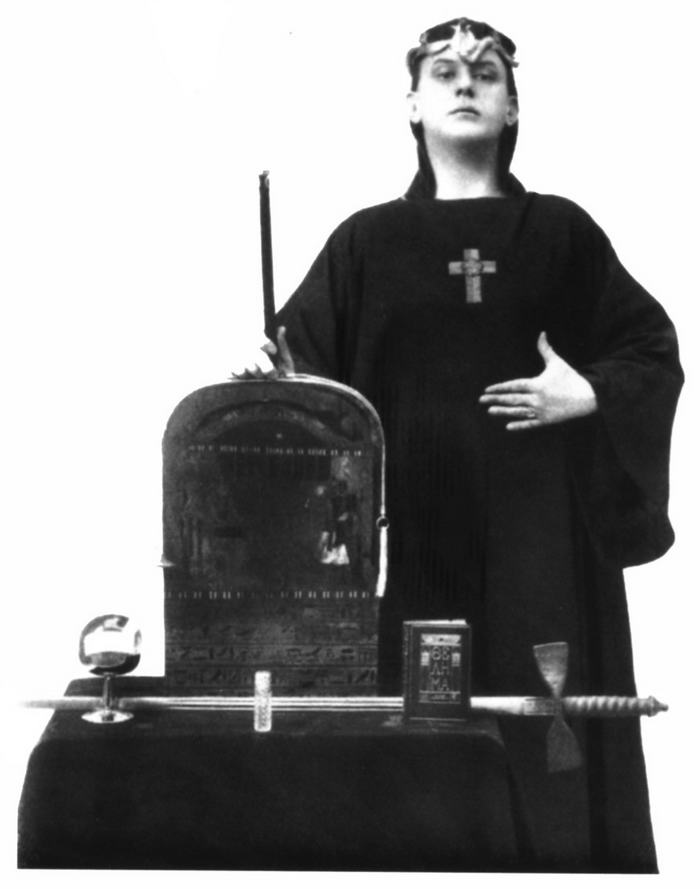
As noted above, Crowley was heavily into the esoteric occult world and as such believe in things like guardian angels. He thought an angel called Aiwass looked over him when alive and made sure no harm would befall him. He also looked to Aiwass for guidance and help with any issues he faced. After leaving the Golden Dawn, he travelled extensively across Mexico, India, France and Egypt. When in Egypt, he had a vision and it was in this moment that he claimed Aiwass revealed herself to him.
05 – It Was Rumoured He Had An Illegitimate Child
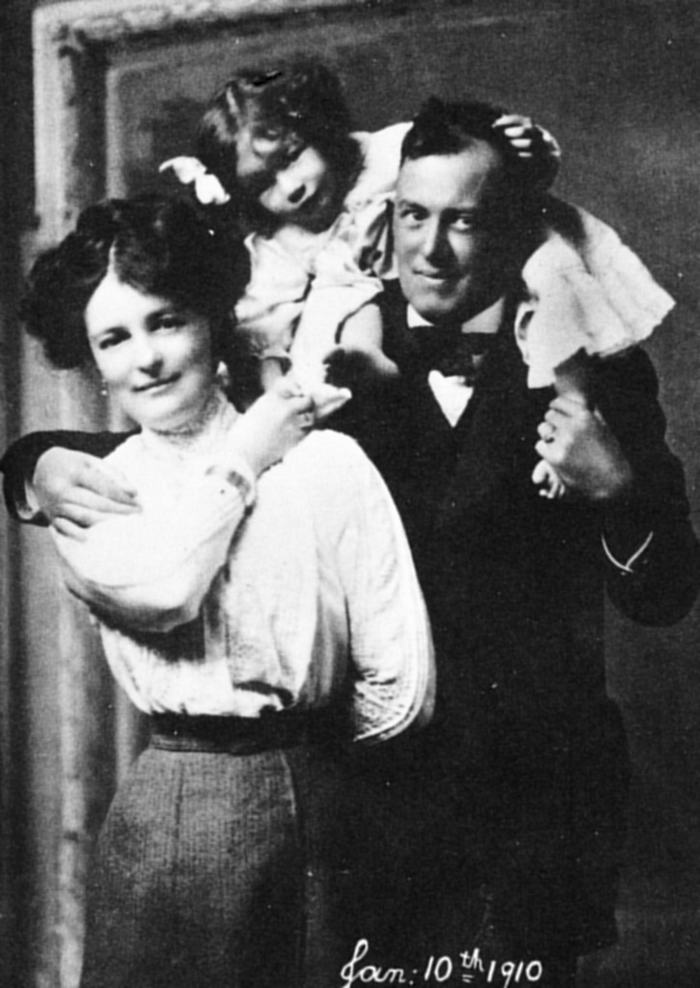
04 – He Was Broke When He Died
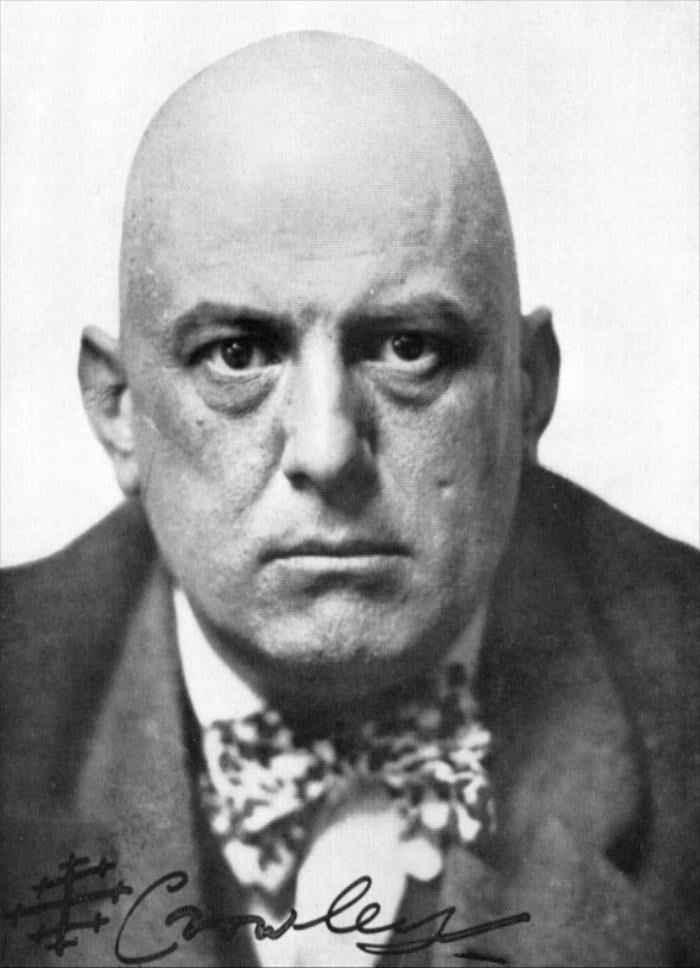
Despite seemingly having a guardian angel to look after him, Crowley actually died alone and with no money. The dates he died are disputed by many, but all agree that he passed away in a boarding house in Hastings in December 1947. It is also accepted that he died a heroin addict also but it is not known if this contributed to his demise. For someone who held such great influence at the time, it is unexpected to find he had no money or friends around him when he passed over.
03 – The Beatles Were Fans
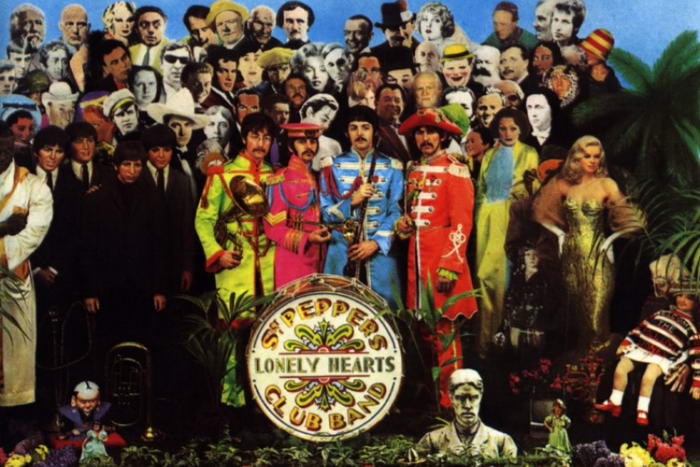
As strange as it may seem for a clean-cut pop band, The Beatles were big Crowley fans. Although not into the occult themselves, it seems they liked his idea of living your life with a sense of freedom. This saw them put Crowley as one of the many faces on the cover of the famous Sergeant Pepper’s Lonely Hearts Club Band album. Found next to Mae West, it was not without some controversy for the band when released. It is not just the Beatles who were influenced by Crowley either in the music business. Musicians like Jimmy Page also paid tribute to the effect his teachings had on them.
02 – He Loved To Climb Mountains
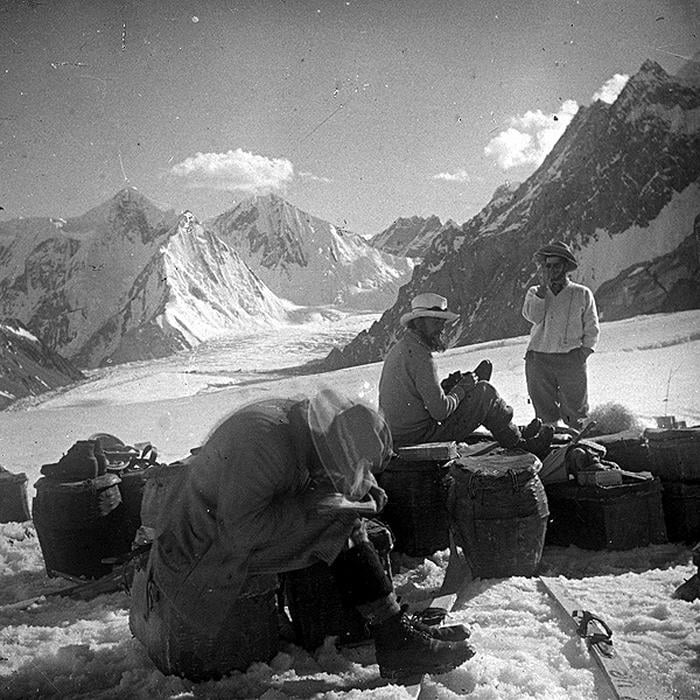
01 – His Final Act Was To Put A Curse On His Doctor
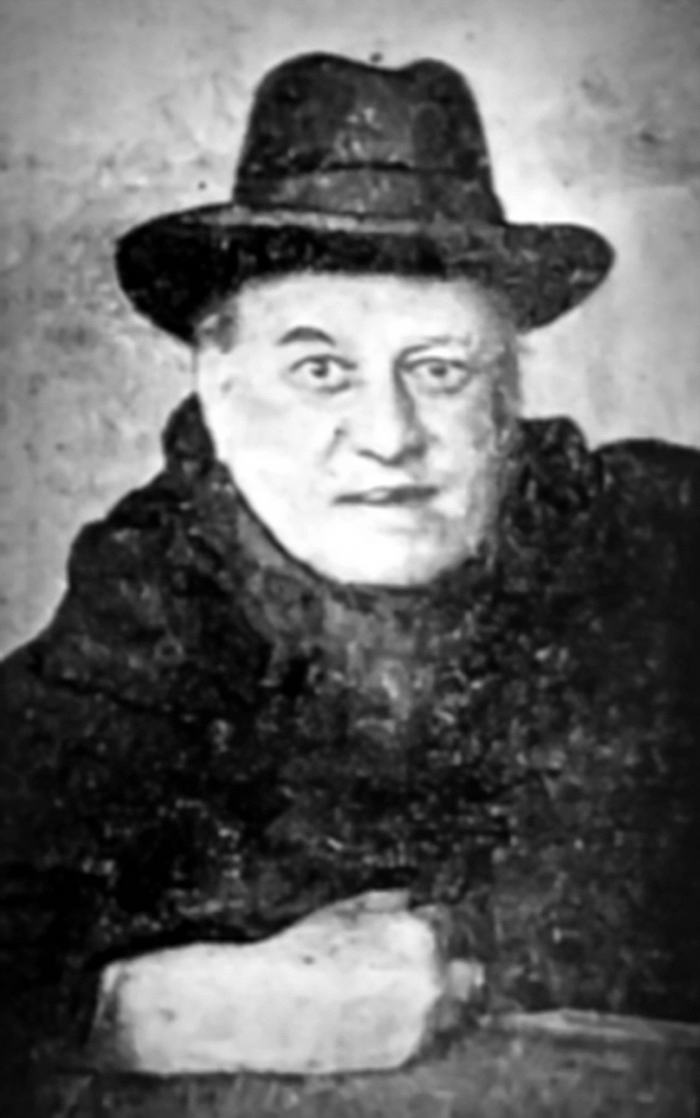
As you can see, Aleister Crowley certainly packed a lot into his life! From upsetting members of a secret order to setting up his own sect to spread his teachings, he never had a dull moment. While many in the modern age still follow his Thelema teachings, for most he is a complex and interesting character from a bygone age.
Crowley’s Enduring Influence on Modern Culture
Aleister Crowley was more than just an occultist; he was a catalyst for cultural change. His influence seeps into modern art, music, and literature, painting him as an enduring figure in pop culture and esoteric circles. Crowley’s philosophies and practices, once considered radical, now resonate with a new generation seeking spiritual and esoteric exploration.
Crowley’s reach in the arts is particularly notable. Musicians, writers, and filmmakers have drawn inspiration from his life and work, embedding his ideas into their creations. This trend isn’t just a footnote in history; it’s a continuing dialogue between Crowley’s legacy and contemporary culture. His penchant for symbolism and mysticism provides rich material for creative minds, seeking to explore themes of rebellion, spirituality, and the arcane.
Crowley’s influence extends to modern occult practices as well. His writings and rituals form a cornerstone for many contemporary esoteric communities. The principles he championed, such as the pursuit of individual truth and the exploration of the mystical, continue to resonate with those delving into metaphysical studies.
Moreover, Crowley’s impact on popular culture is unmistakable. He appears as a character in novels and films, a muse for artists, and a subject of fascination in documentaries and biographies. This sustained interest reflects the ongoing curiosity and debate surrounding his figure.
The re-evaluation of Crowley’s work also marks an important trend. Academics and historians are now scrutinizing his contributions with a more nuanced lens, moving beyond the sensationalism to understand his role in shaping modern esoteric thought. This scholarly attention highlights Crowley’s complexity, inviting a deeper understanding of his multifaceted legacy.
In sum, Aleister Crowley remains a polarizing yet pivotal figure in modern culture. His ideologies and practices have left an indelible mark, continuing to influence and provoke thought in various realms.
Reflecting on Crowley’s Enigmatic Legacy
As we wrap up this exploration of Aleister Crowley’s life, it becomes evident that his legacy is as multifaceted as it is enduring. Crowley was a man who continually pushed the boundaries of his time, challenging societal norms and delving into the depths of occult practices. His life was a complex tapestry of mysticism, controversy, and innovation, leaving behind a legacy that continues to intrigue and inspire.
Crowley’s story is not just about the eccentricities of a man who embraced the title of the “Great Beast 666.” It’s also about the profound impact he had on spiritual and cultural landscapes. His writings, teachings, and personal journey offer a window into the evolving nature of esoteric thought and its intersection with mainstream culture.
The facts we’ve explored about Crowley highlight the paradoxes of his character. He was both revered and reviled, a figure of enlightenment and a subject of scandal. This duality is what makes his story so captivating. Crowley was not just a historical figure to be studied; he was a force that shaped the contours of modern esoteric and cultural movements.
In remembering Aleister Crowley, we are reminded of the power of individuality and the enduring nature of ideas that challenge the status quo. Whether seen as a visionary or a controversial figure, Crowley’s life invites us to reflect on the complexities of human nature and the pursuit of spiritual and intellectual freedom.
Crowley’s journey, filled with both triumphs and controversies, encourages us to keep an open mind and to explore the unknown with curiosity and skepticism. His legacy, steeped in mystique, continues to spark debate and fascination, a testament to the enduring power of his life and work.


